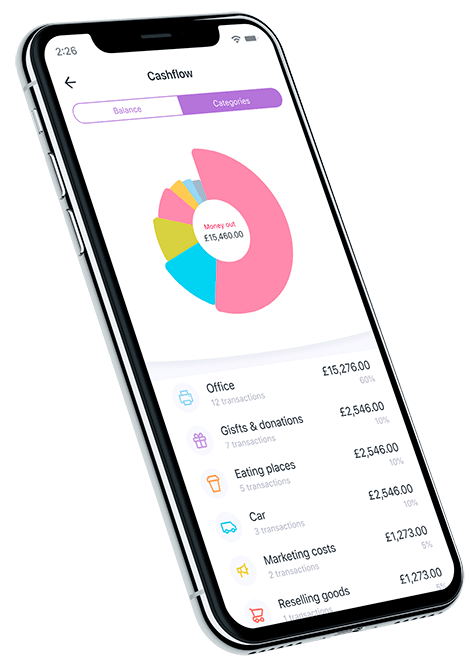Understanding “Friendly Fraud”: A Growing Challenge for Digital Payments

What is Friendly Fraud?
At first glance, the phrase friendly fraud sounds almost harmless. In reality, it’s one of the most disruptive threats facing businesses today. Also called chargeback fraud or first-party fraud, it happens when a cardholder disputes a legitimate purchase as though it were unauthorised. Sometimes this is accidental – perhaps the customer doesn’t recognise a specific payment on their bank statement or forgets about a recurring subscription. In other cases, it’s caused by family members making purchases without the cardholder’s knowledge. And in the most damaging instances, it’s a deliberate act: customers knowingly make a purchase and then dispute the charge to avoid paying.
The Rising Tide: Friendly Fraud by the Numbers
This issue is not just anecdotal – the data is striking. Industry research suggests that friendly fraud now accounts for up to 70-75% of all chargebacks for many merchants. Between 2020 and 2023 alone, businesses reported an 18% year-on-year rise in such cases.
What’s more alarming is the pace of growth: in 2023, friendly fraud increased by 33%, compared with an overall payments fraud rise of just 16%.
Global chargeback volume is projected to increase by 41% between 2023 and 2026, from 238 million to 337 million. Almost half of these disputes are linked to friendly fraud.
Equally concerning is consumer behaviour. A recent survey found that 84% of shoppers consider chargebacks more convenient than refunds, and 72% don’t even see a difference between the two.
Why It Matters: The Toll on Businesses
For UK businesses – particularly SMEs – the consequences of fraud are severe. The financial impact extends well beyond the disputed amount. Studies show that merchants can lose around 2.5 times the value of each chargeback once banking fees, penalties, operational costs, and lost goods are included. The research also highlights that fraud and chargebacks erode up to 8% of merchant revenue in the UK.
Small businesses, often with limited staff to handle disputes, struggle to contest every claim. This can mean quietly absorbing the loss, or worse, raising prices across the board to offset mounting chargeback costs. In severe cases, high chargeback rates can even jeopardise a company’s merchant account, making it harder to process payments at all.
But the cost isn’t only financial. Frequent disputes undermine trust between businesses and their customers. Merchants spend valuable time defending their integrity, while genuine customers may face stricter policies as a result of abuse by a minority of customers.
How to Prevent Friendly Fraud: Best Practices for SMEs and E-commerce
While friendly fraud is on the rise, businesses are not powerless. Preventing it requires a combination of clear communication, excellent customer service, robust policies, and advanced technology. For many SMEs, knowing how to prevent friendly fraud in e-commerce is becoming just as critical as managing stock or payroll.
One of the simplest but most effective steps is ensuring billing descriptors are clear and recognisable. Many disputes arise because a customer doesn’t recognise the name of a business on their bank statement. By aligning descriptors with branding and providing confirmation emails that detail the purchase, merchants can jog customers’ memories before confusion escalates. These practical friendly fraud prevention strategies for small businesses reduce unnecessary disputes at the source.
Customer experience also plays a vital role. Customers who feel heard and valued are much less likely to raise a dispute. Fast, empathetic support channels can resolve frustrations quickly, while transparent returns and refund policies give customers a legitimate way to resolve dissatisfaction without resorting to chargebacks. By creating smooth refund processes, merchants address chargeback fraud UK 2025 statistics that show consumers prefer disputes over refunds - and turn that risk into an opportunity for loyalty.
Technology is another powerful ally. Fraud detection tools that analyse device fingerprints, geolocation data, and purchasing patterns can flag suspicious transactions in real time. For example, ecommerce businesses researching what is first-party fraud can apply AI-driven monitoring to stop fraudulent disputes before they occur.
Mastercard’s First-Party Trust programme, for instance, allows businesses to share enriched transaction details, helping issuers distinguish between genuine mistakes and deliberate fraud.
Finally, when disputes do occur, how a business responds matters. Collecting robust evidence – shipping confirmations, customer correspondence, and authentication records – strengthens the case when challenging a chargeback. In some cases, simply reaching out to the customer with clarity and empathy can resolve the matter before it escalates.
The Bottom Line
Friendly fraud is neither friendly nor rare. It represents a significant share of payment disputes and is growing at a pace that threatens to outstrip other types of fraud. The financial and reputational damage it inflicts on businesses, particularly smaller ones, is real and rising. Yet prevention is possible. Through clear communication, strong customer service, fair policies, and the smart use of technology, businesses can safeguard both their operations and their customers from the damaging cycle of friendly fraud.
For UK SMEs, adopting the best friendly fraud prevention practices isn’t optional anymore - it’s the key to protecting revenue and keeping customer trust.

Download now!
And you can open a business account with all the support you need in minutes.



